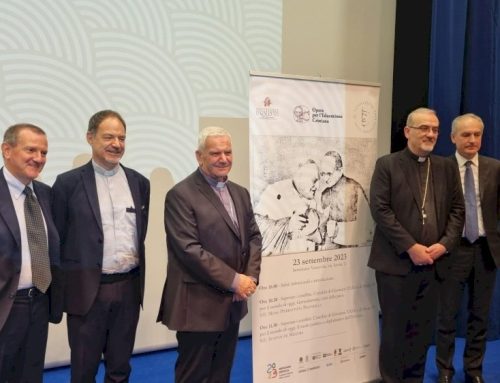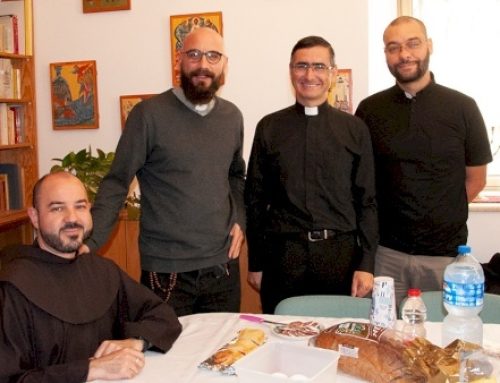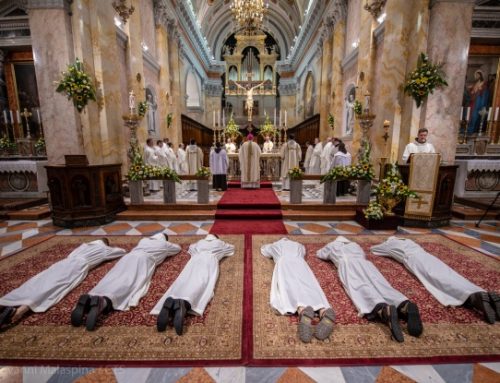“I’ve gotten really interested in the people of the country, Jews and Arabs, and the terrible 50-year conflict going on between them and the harm it has done,” he said. He believes that U.S. citizens should be better informed about the issues in an area considered holy by Christianity, Judaism and Islam.
After 5 trips to region, he’s conducting church workshop on issues
TRAVERSE CITY — As a district judge, James McCormick is accustomed to hearing both sides of a dispute.
As a Christian layman, he takes a special interest in the conflict between Arabs and Jews in the Middle East. He cannot impose a settlement, but wants the U.S. government to take an even-handed approach in its role as mediator.
Having just returned from his fifth trip to the region in six years, McCormick will conduct a workshop Saturday at a Traverse City church. Three local ecumenical peace groups are sponsoring it.
“I’ve gotten really interested in the people of the country, Jews and Arabs, and the terrible 50-year conflict going on between them and the harm it has done,” he said. He believes that U.S. citizens should be better informed about the issues in an area considered holy by Christianity, Judaism and Islam.
McCormick spent much of his recent visit to Israel, Jordan and Egypt talking with taxi drivers, bus riders and folks on the street.
He asked people what they thought of the Middle East peace process, and heard a mixture of attitudes ranging from distrust to resignation to optimism.
Arabs tended to fear an agreement would be imposed on them by their leaders. Many Israelis acknowledged they had to make concessions so their country could prosper.
“I was reminded how strongly the Israelis feel about their country and surviving,” he said.
In 1997, McCormick wrote Jerusalem and the Holy Land: The First Ecumenical Pilgrim’s Guide.
A guidebook for Westerners planning a trip to Israel and the West Bank, it is written from a Christian viewpoint, but urges respect for other faiths rooted in the region. Aside from promoting tolerance, it encourages Christians to visit the Holy Land as “spiritual pilgrims,” not merely sightseers



